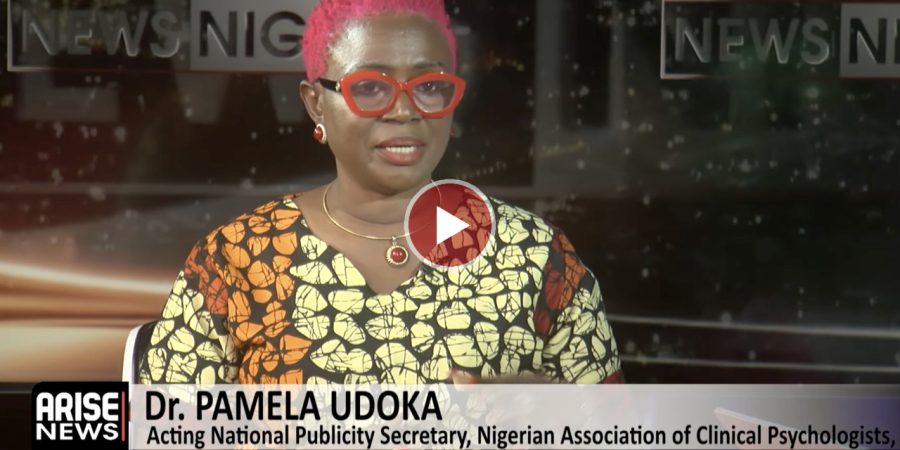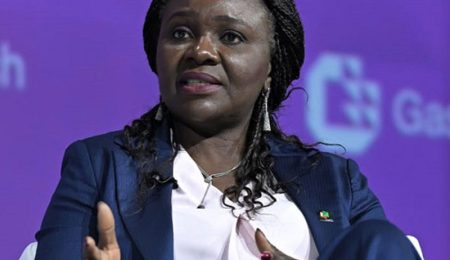Acting National Publicity Secretary of the Nigerian Association of Clinical Psychologists, Dr Pamela Udoka, has warned that gambling has become a serious mental health concern in Nigeria, stressing that it is no longer just a social pastime but a clinically recognised addiction disorder.
Speaking on ARISE News on Tuesday, Dr Udoka explained that gambling disorder is now officially classified under substance and addictive disorders in the Diagnostic and Statistical Manual of Mental Disorders (DSM), the global reference for psychological conditions.
“Gambling is not just a bad habit — it’s classified under substance-related and addictive disorders,” she said. “People who gamble compulsively experience the same kind of craving and loss of control that you find with substance addiction.”
According to her, the psychological mechanisms driving gambling addiction are rooted in brain chemistry.
“When you gamble, your body releases dopamine — the ‘feel-good’ hormone — which gives a temporary high,” she explained. “People become addicted to that feeling and keep chasing the next win. That’s why they continue gambling even when it’s destructive.”
Dr Udoka noted that social pressure, media influence, and the culture of instant gratification also contribute to the addiction.
“Many people gamble because they want to live beyond their means,” she said. “They see others flaunting material wealth and want to attain the same level instantly. It’s about wanting quick results — click here, bet there, and get rich immediately.”
She outlined key warning signs that distinguish casual betting from a full-blown gambling disorder.
“When a person becomes preoccupied with gambling, borrows money to continue betting, lies to family members, or experiences relationship issues because of it — that’s addiction,” she said. “In clinical terms, meeting four or more of nine diagnostic criteria within twelve months confirms gambling disorder.”
Dr Udoka dismissed the notion that only wealthy people gamble.
“It’s not the rich that gamble the most — it’s those struggling with limited means who bet their last ₦200 hoping to make ₦2 million,” she said.
She compared gambling addiction to social media addiction, explaining that both operate on similar psychological patterns of instant reward and loss of self-control.
“It’s like social media — you tell yourself you’ll only check one post, then you can’t stop scrolling. It’s the same compulsion,” she explained.
On how to overcome gambling addiction, she emphasised the importance of self-awareness and professional help.
“The first step is awareness — recognising you have a problem,” Dr Udoka advised. “If you’ve tried to stop and can’t, or your family notices a change, you need to seek mental health support. A trained psychologist will assess your situation and design a treatment plan.”
She added that prevention and early intervention are possible with the right approach.
“Gambling addiction can be prevented,” she said. “We have to identify the root causes — stress, financial pressure, or anxiety — and address them through counselling, financial literacy, and empowerment programmes. If young people are productively engaged and have stable incomes, they’re less likely to turn to gambling.”
Dr Udoka urged the government to strengthen mental health education and youth empowerment initiatives to reduce the social pressures that fuel gambling dependence.
“When young people have opportunities to earn legitimate income and use their skills productively, they will turn away from gambling,” she concluded.
Boluwatife Enome
Follow us on:



